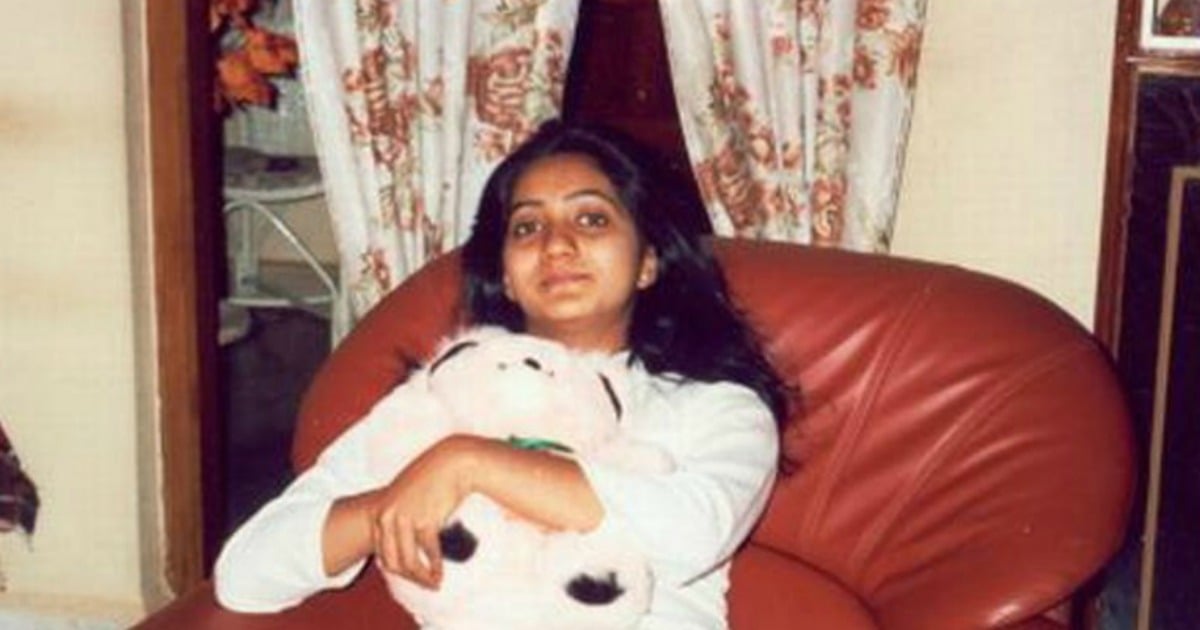In many ways, the story of Ireland’s decision to repeal the Eighth Amendment and liberalise their abortion legislation started in a hospital bed in Galway.
With a woman named Savita Halappanavar, who was 31 years old and 17 weeks pregnant.
On Friday, 66.4 per cent of voters in the Republic of Ireland chose to remove the part of their constitution which stipulates that a mother and her unborn baby have an equal right to life. In the wake of that vote, activists and Savita’s family and friends are calling for the new legislation to be named ‘Savita’s Law’, in honour of the woman who died from a septic miscarriage in October, 2012, after being denied an abortion.
While it remains a matter of contention in public discussion in Ireland, many experts, including the professor who authored the official investigation into Savita’s death, believe “if the legislation had been different, Savita’s case would not have happened”.
And now, many feel that without Savita’s tragic death, Ireland might not have held a referendum to change that legislation.
It was a Saturday night in October 2012 when Savita Halappanavar started to experience severe back pain.
The following morning, just after 9.30am, the Indian-born dentist and her partner Praveen arrived at Galway University Hospital. Savita was examined and discharged, with a plan in place to relieve her pain. But later that afternoon, the couple returned, with Savita insisting she had “felt something coming down”, which she had tried to push back in.
Doctors believed she was either miscarrying or about to miscarry, and judged that losing the pregnancy was inevitable.
By this stage, Savita was distressed and in agony, and was moved to a private room. Doctors determined there was still a foetal heartbeat, and decided to “wait for the natural outcome of events”.




Top Comments
Savita will never be forgotten
She should never have died, she was treated as a mere incubator
Such a heartbreaking story, completely unnecessary. Thank God the law has finally been changed.